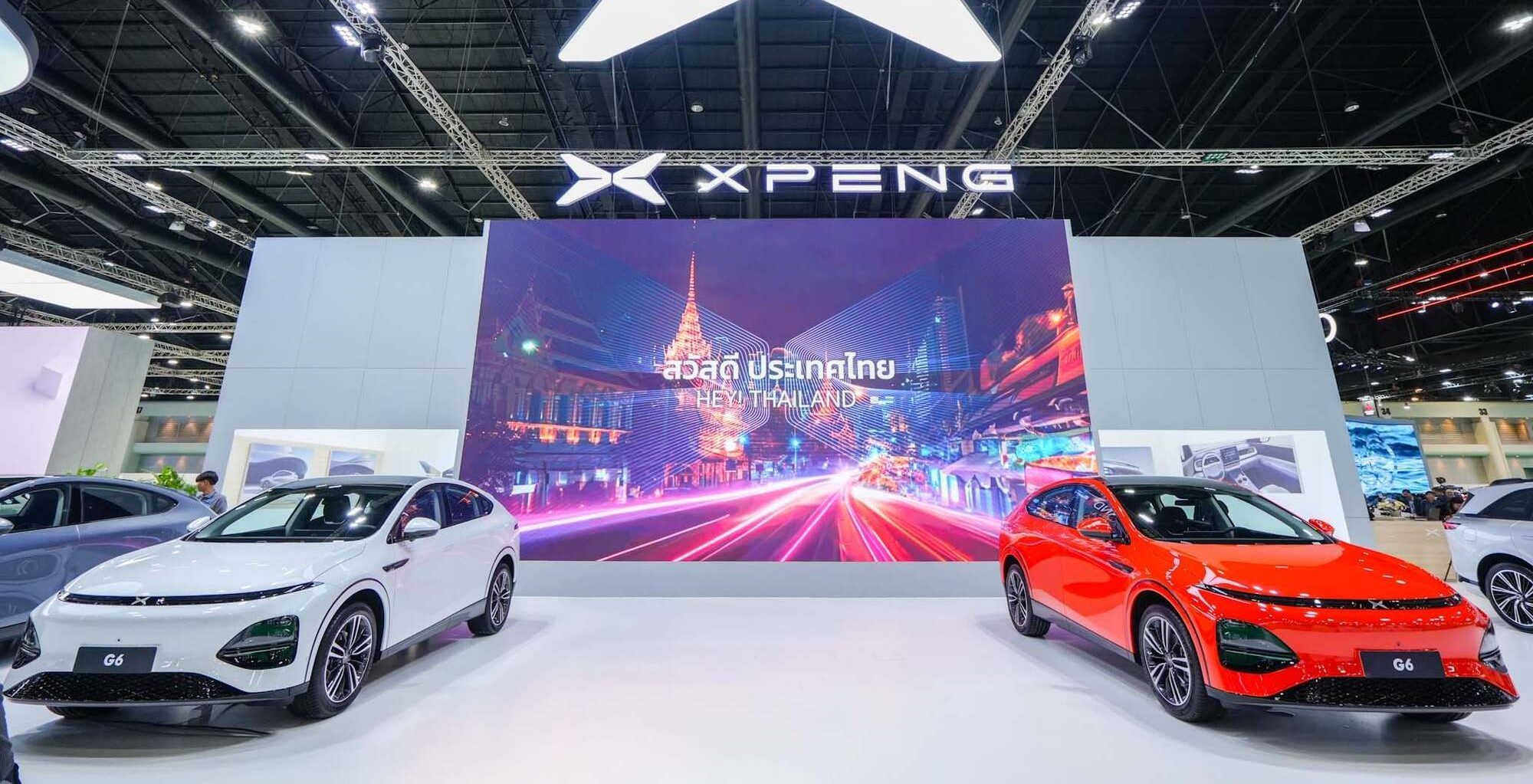China’s Zeekr and Xpeng Motors will begin delivering their electric vehicles to Thailand later this year while eyeing expansion to other Southeast Asian countries, as they seek further overseas growth amid slowing opportunities at home.
Why it matters: The news comes after Chinese car brands’ combined market share reportedly swelled by six points to 11% in Thailand in 2023, thanks to growing demand driven by favorable subsidies and tax breaks for EV purchases.
- Southeast Asia’s largest car producer and exporter, Thailand has also become a strategic location for Chinese automakers wishing to diversify their operations and reduce geopolitical risks, according to researchers from the Global Policy Institute.
- EVs accounted for around 10% of car sales in Thailand last year, and the government has aimed to increase that percentage to around 30% of its annual production of 2.5 million by 2030, making the country a regional manufacturing hub for EVs.
Debut in Bangkok: Xpeng named on Monday three major dealer groups to sell and service its EVs for Southeast Asia: Neo Mobility Asia for Thailand, Premium Automobiles for Singapore, and Bermaz Auto for Malaysia.
- The Volkswagen-backed EV maker announced the partnerships ahead of the opening of a major auto show in Bangkok, with plans to start delivering a right-hand drive version of its G6 crossover in the three countries in the third quarter of 2024.
- In the meantime, Zeekr has put forward a similar timeline for its compact crossover X and multi-purpose vehicle 009, with plans to open its first store in Bangkok later this year. The company began Thai pre-sales on Monday.
- The Geely-owned brand said it will expand its retail network with distributors in Chiang Mai, Phuket, and Pattaya by year-end. It has also signed contracts with car dealers in Laos, Myanmar, and the Philippines, Reuters reported on March 12.

Local production ramp-up: Chinese automakers are making deeper inroads in Thailand by setting up plants in the country, as the Thai authorities required the firms to offset imports with local production at a ratio of 1:2 starting from 2026, in order to qualify for government subsidies.
- BYD told investors last month that its $491 million car plant will begin operations in Rayong later this year, with an annual output of 150,000 units for both Thailand and the wider Southeast Asia region. The EV giant captured 4% of the country’s auto market with sales in 2023 of about 30,000 EVs.
- Aion’s first overseas plant is set to begin production in July. The EV maker, an affiliate of China’s GAC Group, said on Jan. 31 (in Chinese) it will invest 2.3 billion baht ($63.2 million) in the project for an annual output of 50,000 units, not long after it started exports to the country in September.
- Changan also hopes to begin exporting EVs from Thailand to nearby ASEAN countries and beyond next year, as it builds up capacity at a $241.7 million facility with a maximum output of 100,000 vehicles annually in Rayong. Rivals such as SAIC, Great Wall Motor, and Hozon Auto are also making their EVs locally.

Related











